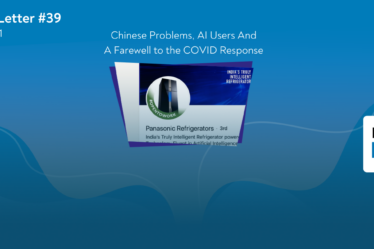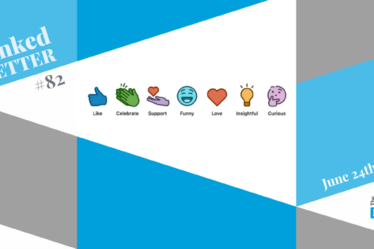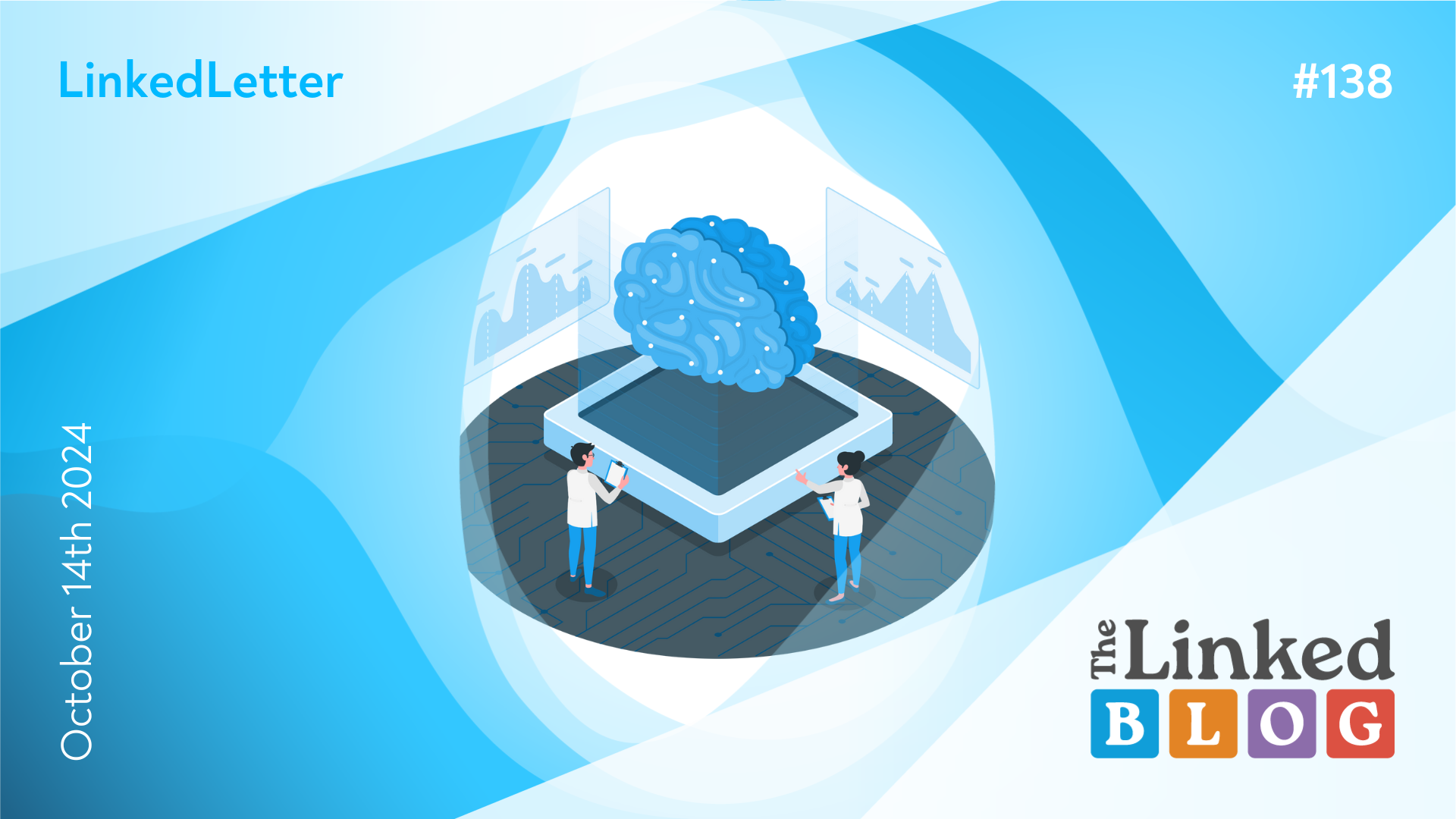
Join us for the newest upgrades and information regarding the professional network – both good and bad. From adding a new game Tango, to navigating the murky waters of user consent when training AI models LinkedIn is going through an impactful period. And notably, one place where we can feel its impact is social ad spending. Curious about the details? Then read below!
B2B Social Ad Spending Dominated by LinkedIn and Meta
In 2024, B2B social ad spending will make up 46.3% of total B2B digital ad spending according to a report from Emarketer. LinkedIn and Meta (Facebook and Instagram) are expected to dominate. LinkedIn will generate $4.21 billion and Meta $2.91 billion, together accounting for nearly 80% of the $8.50 billion total B2B social ad spending, a 15.2% increase from last year. Though growth will slow, social media’s share of B2B ad spending is projected to rise again by 2026.
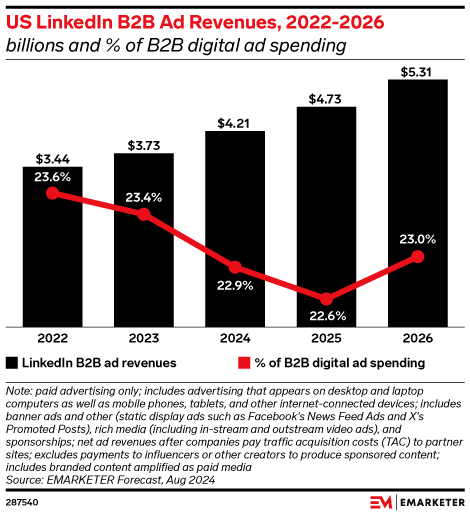
Source: EMarketer
LinkedIn remains the top platform for B2B ads, with 90% of its ads focused on this sector. In 2024, LinkedIn will capture 47.2% of B2B display ad spending and 22.9% of total B2B digital ad spending, growing at a rate of 12.7%. Meta ranks second, allowing B2B advertisers to target businesses and decision-makers, but its growth rate is slowing to 13.8%.
YouTube is also gaining traction in B2B video ad revenues, which are expected to surpass $298 million in 2024, driven by increasing demand for video content. Overall, B2B video ad spending will rise by 14.1% to $1.74 billion, representing 9.5% of B2B digital ad spending. The use of AI tools across platforms like LinkedIn, Meta, and YouTube is further enhancing the automation and optimization of campaigns.
LinkedIn Games Gets a New Addition and Upgrades
A new daily logic game called Tango joins the ranks of LinkedIn, following the success of previous games like Pinpoint, Queens, and Crossclimb. Tango is a logic puzzle similar to Queens, where players must fill a grid with suns and moons, ensuring no more than two are adjacent vertically or horizontally, and each row and column contains equal amounts of both.
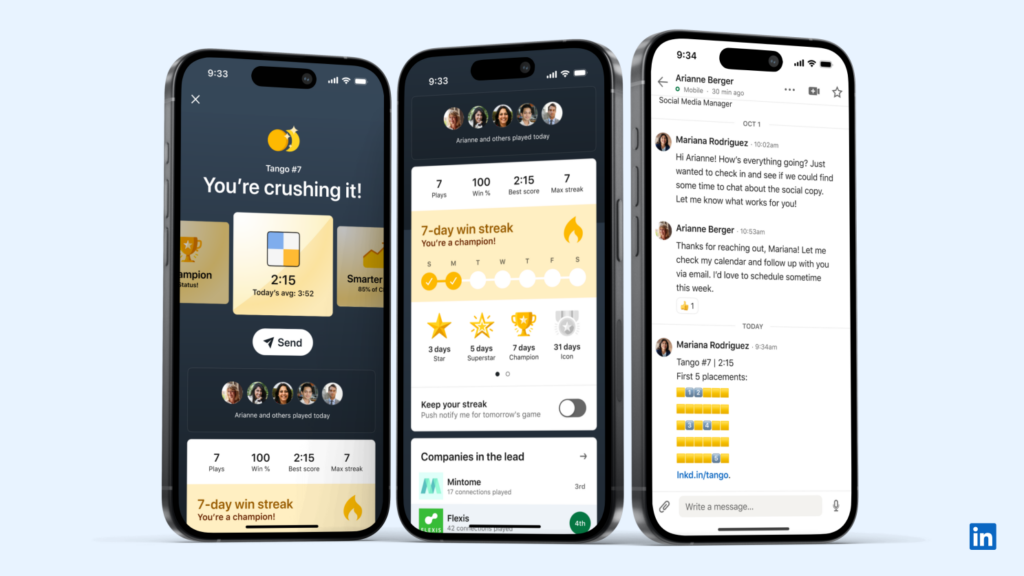
Source: LinkedIn
The game, crafted by Thomas Snyder, a World Sudoku Champion, follows a difficulty curve with Mondays being the easiest and Sundays the hardest. It also includes a hint system to guide players through tough puzzles and a daily solve-through video for tips.
We can also expect a game-wide update. New conversational features are being added, including achievements, showing how players rank against others, and streak milestones. These updates aim to enhance the games’ social aspect further, making them a mental exercise and a tool to build professional relationships.
LinkedIn Used User Data to Train AI Models
LinkedIn has been using user data to train AI models without initially updating its terms of service. This practice has been particularly notable in the U.S., where users can opt-out via a toggle in their settings, but not in the EU, EEA, or Switzerland due to stricter data privacy regulations. The platform updated its terms after it was first reported by 404 Media that LinkedIn hadn’t refreshed its privacy policy to reflect this change. Usually, terms are updated before significant changes like these, giving users time to opt-out or leave the platform, but this wasn’t the case here.

Source: Freepik
LinkedIn confirmed that the data is being used to train its own AI models, such as those for writing suggestions and posting recommendations. However, generative AI models may also be trained by external providers, including Microsoft, LinkedIn’s parent company. LinkedIn claims to use privacy-enhancing techniques like redacting personal data in these training sets.
Users can opt-out by navigating to the “Data Privacy” section in LinkedIn’s settings. However, this opt-out doesn’t affect any data used before the toggle was turned off. Some advocacy groups, like the Open Rights Group (ORG), have criticized this approach, calling for an investigation and urging that opt-in consent should be the standard for using personal data in AI training.
This issue highlights a growing trend among platforms, like Meta and Stack Overflow, repurposing user-generated content for AI model training. However, these practices often come with controversy, especially regarding how users are informed.
The Linked Blog is here to help you or your brand have the best possible LinkedIn presence, so feel free to contact us if you need help! See more about what we can do for you here.

